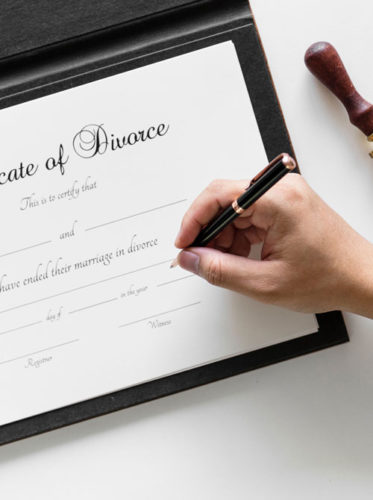
There are many obstacles that need to be overcome in the divorce process. But before even getting to this point, you and your spouse must decide whether you should undergo an uncontested divorce or a contested divorce. Read on to discover which divorce method is in your best interest and how a seasoned Somerset County divorce attorney of Siragusa Law Firm can help you in making this determination.
What is an uncontested divorce?
An uncontested divorce is in your best interest if you and your spouse can amicably resolve all marital issues at hand, such as alimony, property distribution, child custody, child support, and parenting time. And with this route, you and your spouse do not have to enter litigation, but rather you can enter mediation, arbitration, or a collaborative divorce. These alternative methods of divorce are known for being more efficient time-wise and cost-wise.
Should I cite fault or no-fault grounds in my uncontested divorce?
Firstly, in the state of New Jersey, you and your spouse can either cite fault grounds or no-fault grounds when petitioning for a divorce. When you and your spouse cite fault grounds, you are holding one another for action and declare it to be the reason for your divorce. Examples of such fault grounds include the following:
- Adultery.
- Cruelty.
- Desertion.
- Impotency.
- Fraud.
- Incarceration.
- Alcohol or drug addiction.
On the other hand, there are no-fault grounds, where neither you nor your spouse will place blame for the end of your marriage. Rather, you declare an “irretrievable breakdown for a period of six months or more prior to the commencement of the action for divorce.”
That said, it is best to cite no-fault grounds in an uncontested divorce because it shows that you and your spouse mutually believe that your marriage cannot be fixed and you agree to the arrangements of a divorce. But if you cite fault grounds, you run the risk of your letting your spouse rebut your accusations. Such disagreement can, ultimately, turn your uncontested divorce into a contested divorce.
What is a contested divorce?
A contested divorce is in your best interest if you and your spouse conclude that independently resolving your marital issues is impossible.
With this route, you and your spouse must first attend a compliance conference where the New Jersey judge will attempt to make an initial settlement agreement. If not, your divorce will go to trial. At trial, the New Jersey judge will hear both your and your spouse’s wants and needs. And after analyzing important documents and other valuable factors, they will finalize a settlement agreement on your and your spouse’s behalf.
It helps if you have a competent Somerset County family law attorney in your corner during the litigation proceedings that will ensure your wishes are met. Give our firm a call today.
Contact our Firm
If you need legal representation for a matter of Family Law, Supplemental Security Income, Medical Malpractice, Social Security Disability, or Legal Malpractice, contact Siragusa Law Firm today.